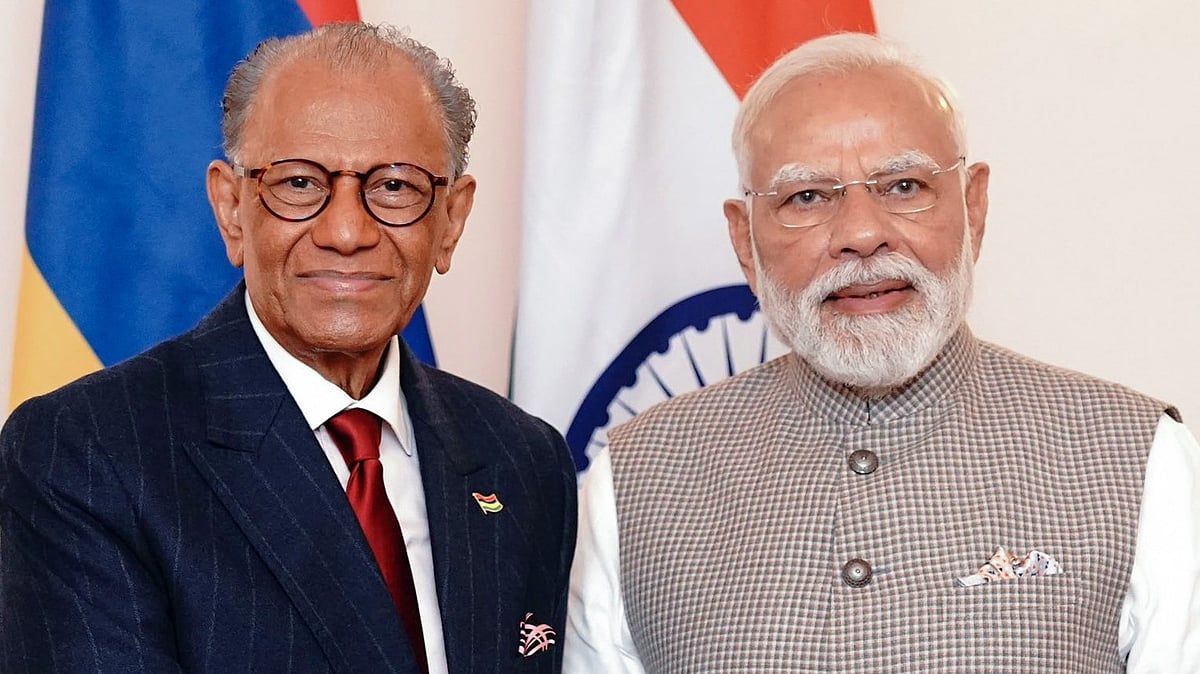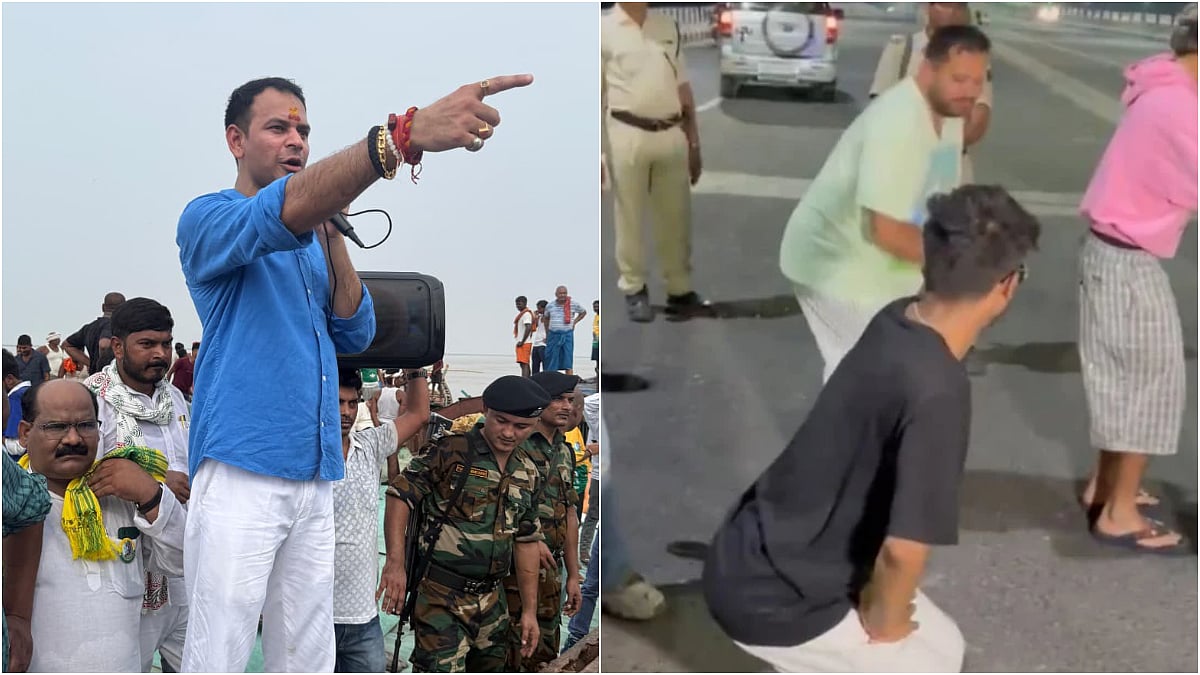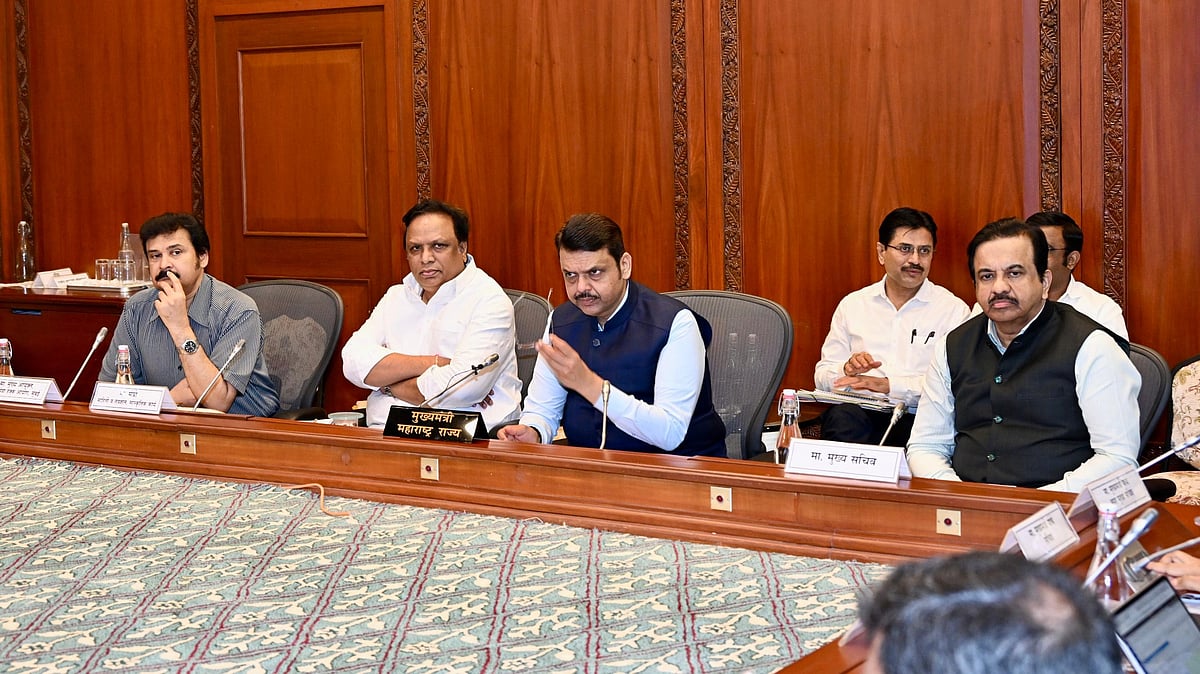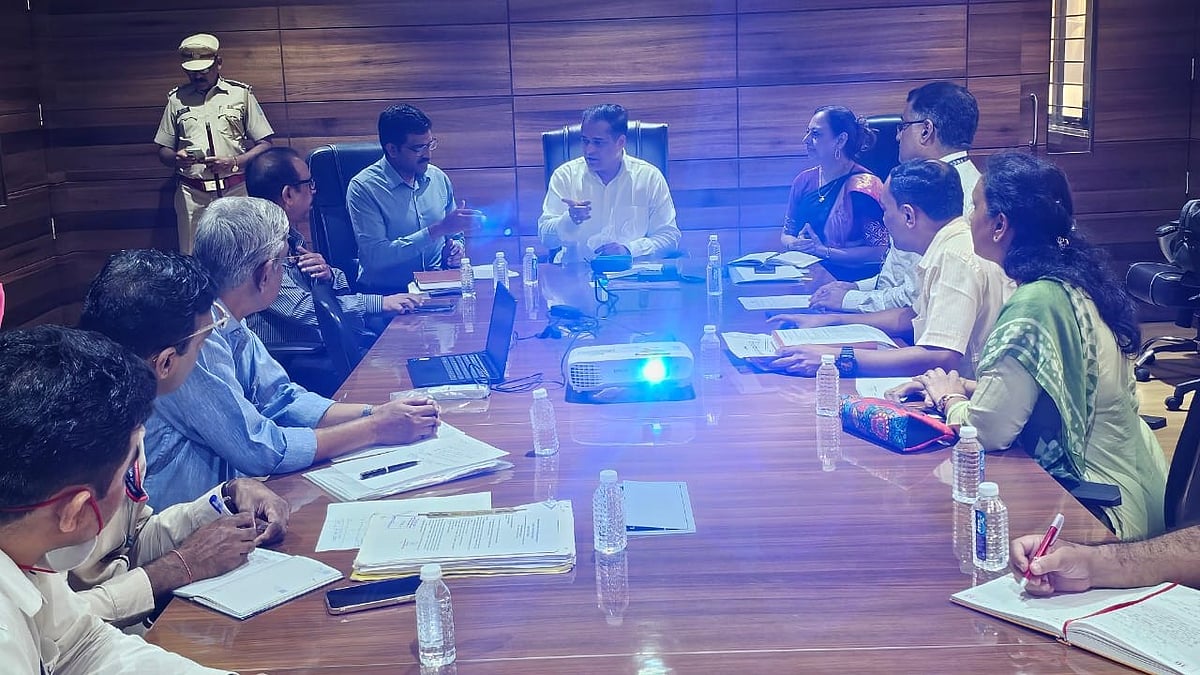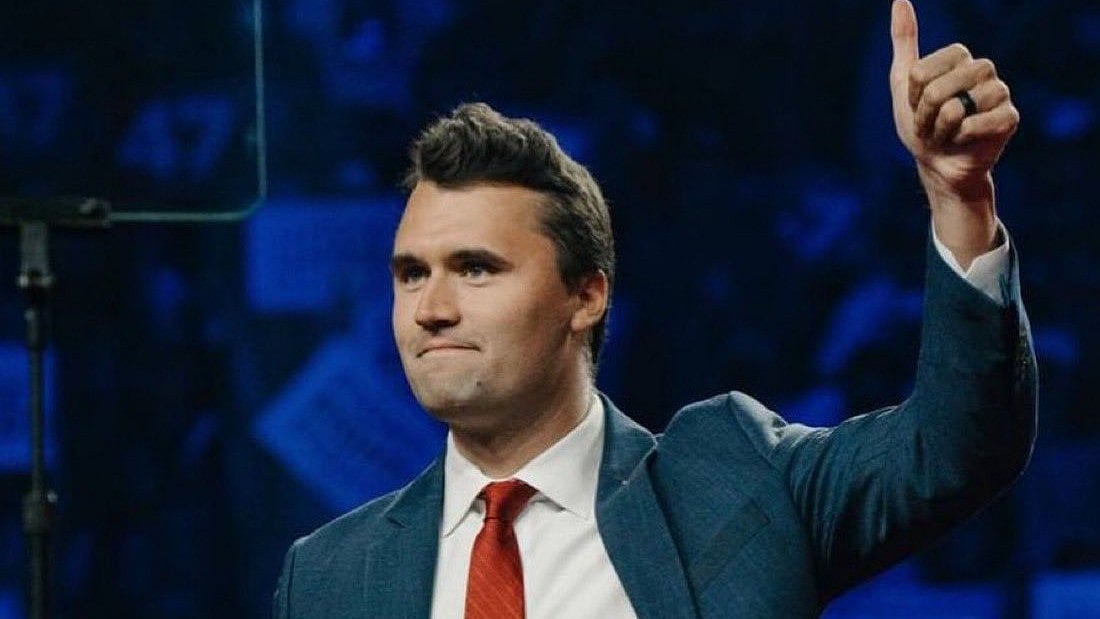Varanasi: When Prime Minister Narendra Modi welcomed his Mauritian counterpart Navinchandra Ramgoolam in Varanasi on Thursday, the choice of venue carried a message far deeper than routine diplomacy. By holding the meeting in the ancient city of Kashi, the two leaders sought to reaffirm the civilizational link between India and Mauritius — one that rests heavily on the Girmitiya legacy.
A large section of Mauritius’ population traces its roots to indentured workers who left India during the 19th and early 20th centuries. Many of them came from Uttar Pradesh and Bihar, carrying with them language, traditions, and faith that continue to shape Mauritian society today. For Ramgoolam, whose own political lineage is rooted in this diaspora, the symbolism of meeting Modi in Varanasi — the Prime Minister’s parliamentary constituency and one of the holiest cities for Hindus — was unmistakable.
The bilateral talks went beyond heritage. Modi announced a special economic package worth about $440 million in grants and credit to strengthen healthcare, infrastructure, and employment generation in Mauritius. Agreements were also signed in renewable energy, digital infrastructure, and the blue economy, consolidating Mauritius as a key partner in India’s “Neighbourhood First” and “MAHASAGAR” strategies for the Indian Ocean region.
But it was the cultural message that stood out. Ramgoolam’s visit to Kashi is expected to resonate strongly with the Indian-origin community in Mauritius, who form a decisive political constituency. By standing with Modi in Varanasi, and invoking shared heritage, Ramgoolam projects himself at home as a leader securing both development benefits and a reaffirmation of identity for his people.
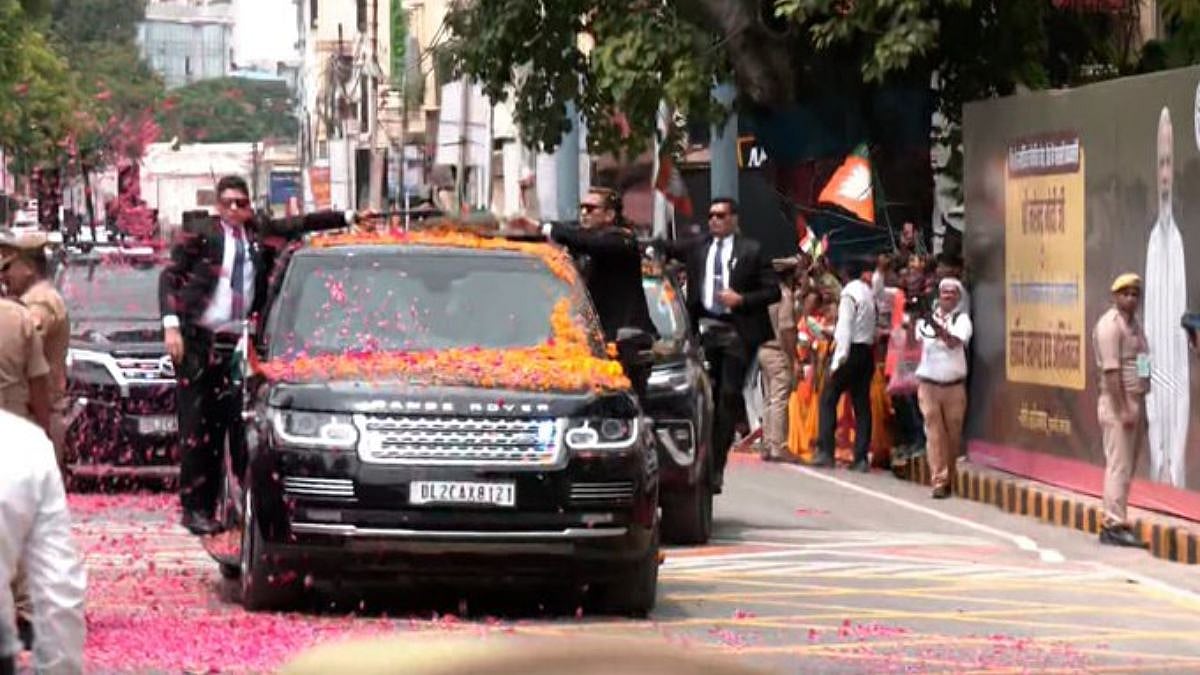
Former Uttar Pradesh Chief Secretary Alok Ranjan said the symbolism was as significant as the substance. “Varanasi represents India’s civilizational depth. Hosting the Mauritius Prime Minister here strengthens the emotional connect with the Girmitiya community. It underlines that diplomacy is not just about agreements but also about shared roots and values,” he said.
Nomita P Kumar, Professor at the Giri Institute of Development Studies (GIDS), Lucknow, noted the political resonance of the visit in Mauritius. “For Ramgoolam, this was more than a diplomatic trip. By coming to Kashi, he has sent a powerful message to the Indian-origin population back home that their ancestral ties are valued and respected at the highest level. It reinforces his image as a leader who can leverage cultural identity into tangible economic gains,” she observed.
Analysts say the Varanasi meeting allows Ramgoolam to showcase two narratives at once: that he is securing large-scale development support from India, and that he is the custodian of the Girmitiya heritage linking Mauritius to its Indian roots. The combination could give him a strong political edge in a country where cultural identity and economic progress are deeply intertwined.
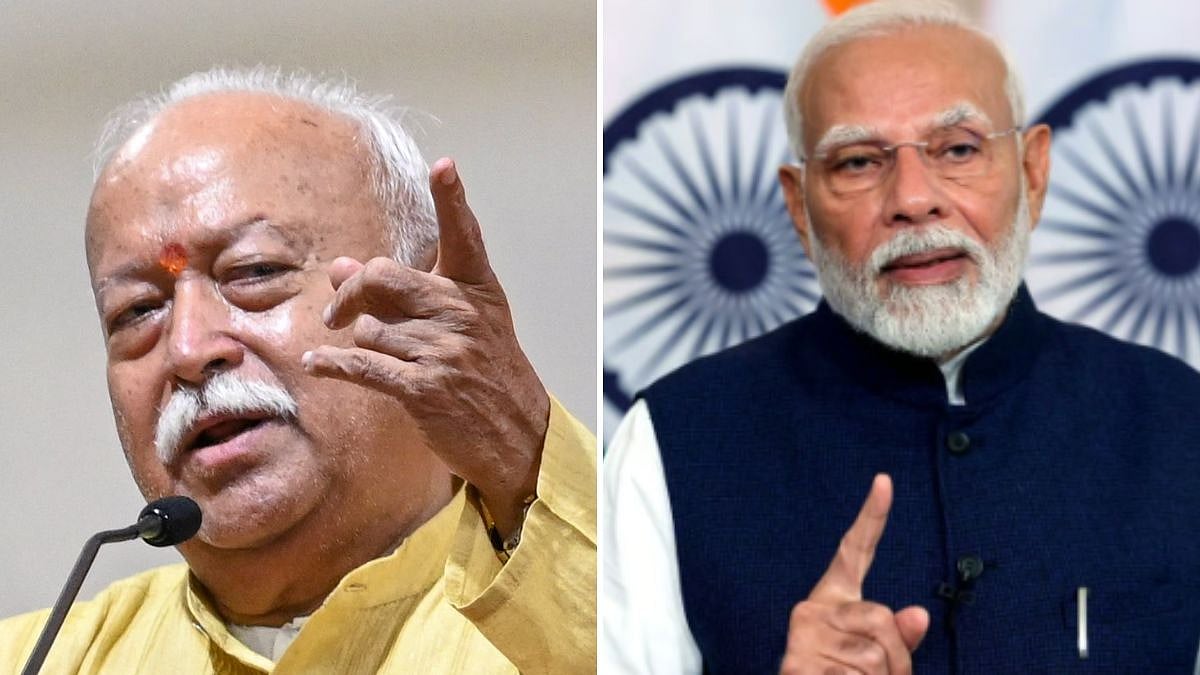
In choosing Varanasi instead of New Delhi for the talks, Modi too reinforced India’s soft power strategy — projecting its civilizational heritage as a pillar of modern diplomacy. For Mauritius, and especially for its Indian-origin population, the message was clear: the bond with India is not merely strategic, it is familial.
